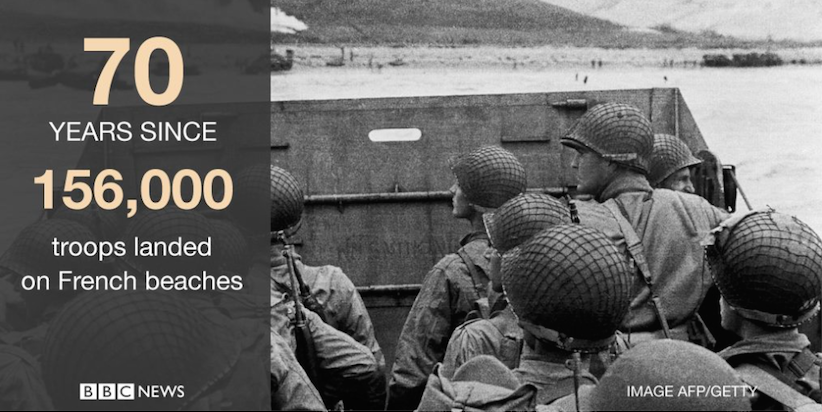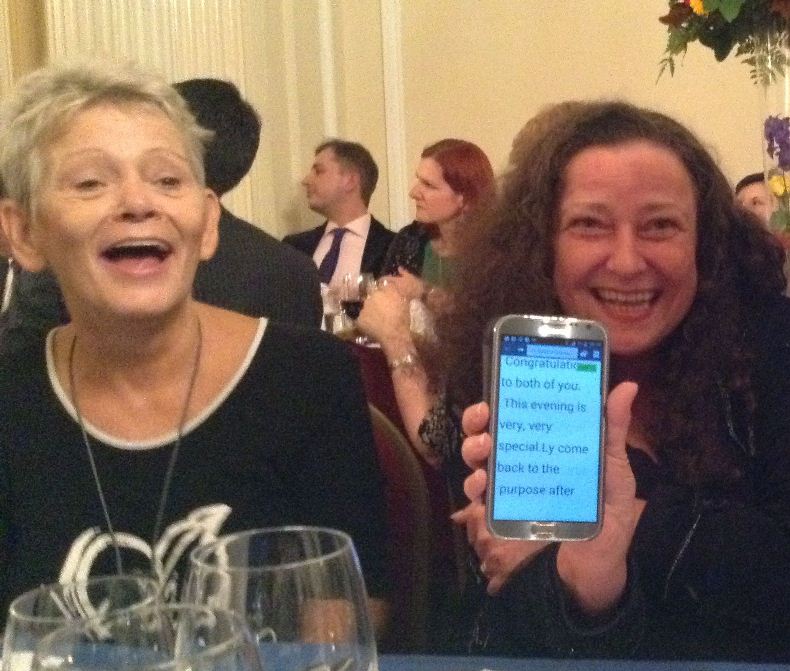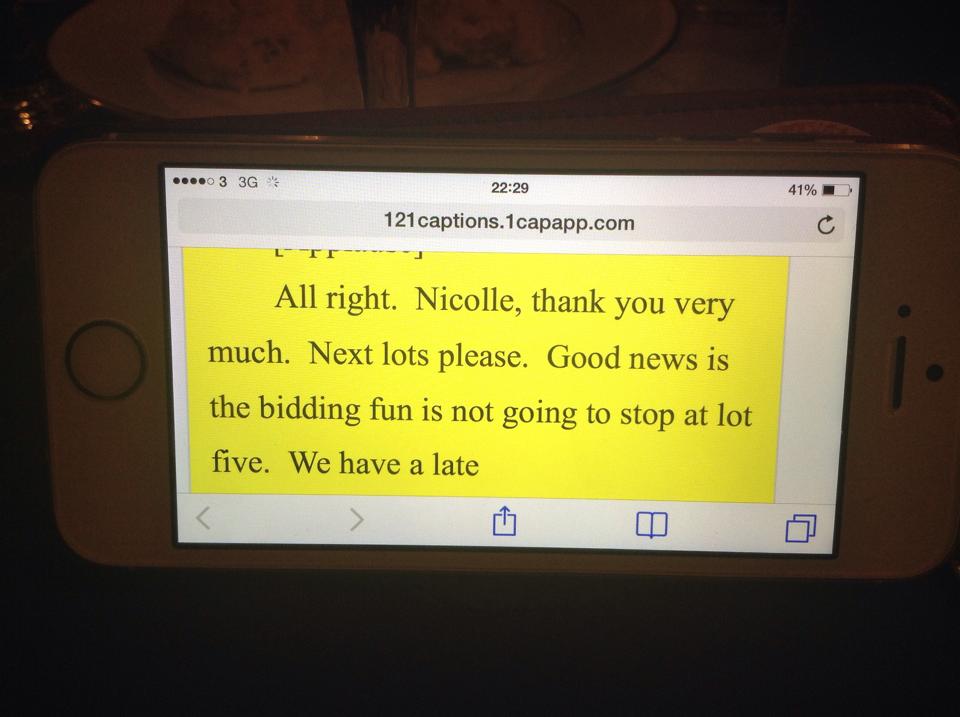Phone captions for deaf and hard of hearing people
Phone captions are important for deaf users
Do you find the phone difficult or frustrating to use? Your feedback is needed for a UK-wide survey on phone captions for deaf and hard of hearing people.
Historically, phone captions in the UK have been provided by Action on Hearing Loss via TypeTalk, then Text Relay and Next Generation Text Relay service (NGTS). The Next Generation Text Relay service allows people who are deaf and speech impaired make phone calls via a trained operator who types what they hear or speaks what the caller types to the called party. The text output is streamed through to a smartphone, tablet or PC/laptop. The deaf person can use voice over, they can speak during the call and listen, and read the captions at the same time.
A few years ago, CapTel for telephones (then WebCapTel for computers and smartphones) was introduced to the UK but was withdrawn due to lack of funding. One of CapTel’s and WebCapTel’s first users was Tina Lannin, who worked as the Finance Manager for Hearing Concern (now Hearing Link). Tina’s job entailed daily phone calls to payroll and clients, discussing numbers over the phone, so the captioned telephony service had to be very accurate.
I loved CapTel. It was so fast and accurate that no one even realised I was almost totally deaf and was relying on reading the captions appearing on my telephone screen.
– Tina Lannin, 121 Captions
We look at the USA and their captioned telephony services with envy. They have so much more choice than we do. UK Council on Deafness (UKCoD) are carrying out a survey to find out about your experiences of telephone communications in the UK, and whether they can be improved or if you are happy with them.
Survey : Captioned telephony
Research by Ofcom and BT has continued to focus on previous users of Text Relay rather than those of us who preferred the faster and more natural CapTel phone captions. The aim of UKCoD’s survey is to capture those views and provide more balance to the survey to demonstrate the need for significant improvements.
Please complete the survey on how deaf and hard of hearing people use the telephone
Survey deadline: 5 September 2016
UKCoD is extending a previous survey to the wider deaf community. This is an updated survey which hopes to capture the experiences and thoughts of all deaf people. The feedback from this survey can be used to demonstrate the need for improvements to Ofcom and telephone communication providers, focus communication resources on those who are missing out, and improve the NGTS experience through more training.
UKCoD have had some very useful feedback already.
More survey respondents have a mobile phone than a landline. Many have stuck with the same provider for many years. (Does this sound familiar?)
Most deaf and hard of hearing people rely on text messages and email, but to get a quicker response, or simply because there is no other way, they sometimes need to contact businesses, public sector, hospitals and their GPs direct, by attempting to make a phone call using NGTS or asking a hearing person to phone for them.
Many have not even heard of NGTS and of those that have, some have found difficulty in setting it up or using it. In the survey, a number of improvements to NGTS have been suggested and your thoughts on this are welcome.
Several people have found NGTS is a life changer. Being independent and being able to make your own phone calls is something that many hearing people take for granted.
You can find more information at NGTS.
Phone captions for teleconference calls
It is also possible to caption your teleconference calls by pre-booking live captioning support for your call. A stenographer, palantypist or notetaker will join your call and relay captions to you within a few seconds. This service is supported by Access to Work. If you’d like to find out more about captions for teleconference calls and get 50% discount on your first live captioning session, contact us.












Hi, I missed this article at the time about the captel survey (https://www.121captions.com/2016/08/26/phone-captions-deaf/).
I used Captel as well, and really miss it. Ever since it stopped, I have basically almost never used the phone. I’ve tried NGTS, but just don’t like it at all – too cumbersome, and also problematic with receiving calls on a mobile. Another thing is I need a number that I can give that will still let me get SMS, but also automatically kick in the captel / text relay service. It is very inconvenient to have to give 2 numbers (one for text and one for calls), especially as most forms only allow for one number.
Do you have any news on captioned relay? Ever since NGTS came out, I have lost track of any progress for this (and it also seems that NGTS is not being constantly updated and improved. The app is still very dated and lacking features it should have, and TextNumbers will not forward SMS – surely that should have been resolved by now, so i can only think no one is bothering with improving NGTS). Sadly, given past history, in 10 years time, we’ll probably still be stuck with NGTS in the same form as it is now.
Regards,
James
Hi James, I agree, I have had similar poor experience with NGTS and won’t use it. I’ve heard CapTel may come back to the UK but it will be a tough market for them, given the way it is structured. We can live in hope!
Hi there my sister in law lives in the UK and is profoundly deaf and phone calls from us in Australia are a waste of time. I recently became aware of caption phones and found out that the UK is going through a review. I decided to see what Australia was doing and found that they had scrapped a caption phone system. They are doing a review and where they seem to be headed is Skype an app that works on desktop, mobile phones and tablets. Calls between Skype accounts are free but to normal phones there is a small charge depending on country. It’s major advantage is that the system works like a caption phone with the audible message and repeated in text on the phone/tablet display using a Subscript function. The app is free to download. I hope that this is helpful. Jack
Thank you Jack! It’s so interesting to know what different countries are doing.
Hi
How do I get a phone with captions please?